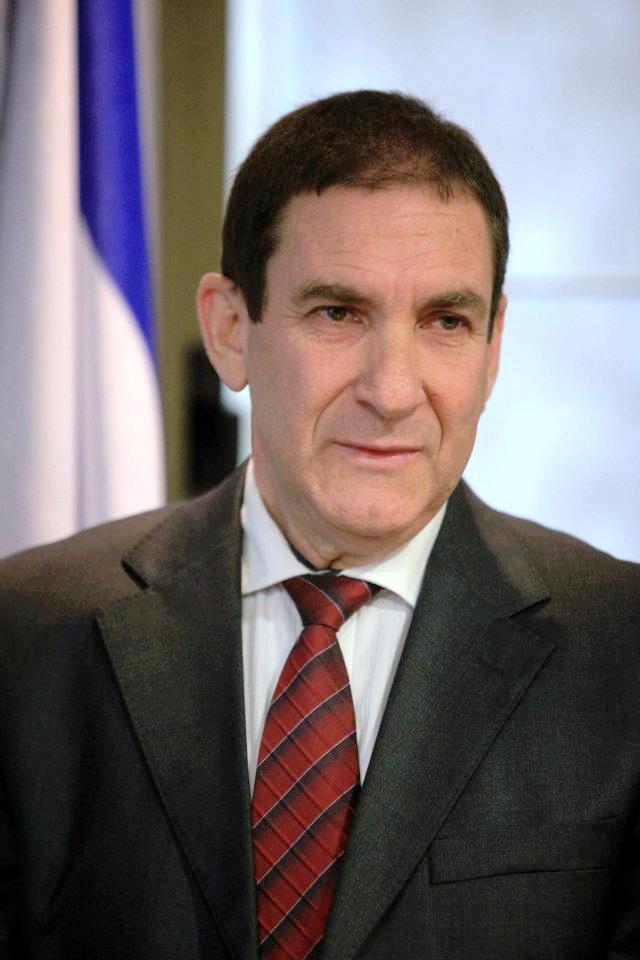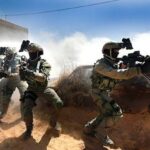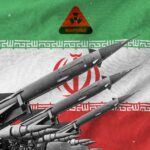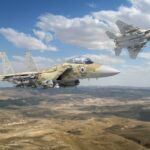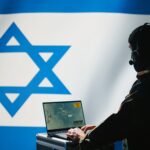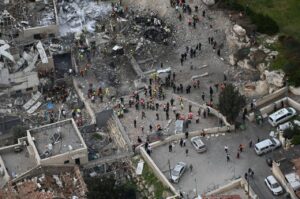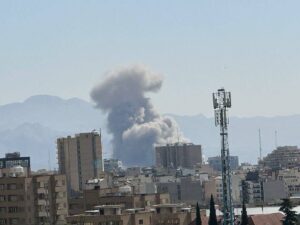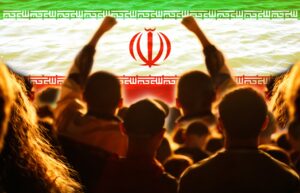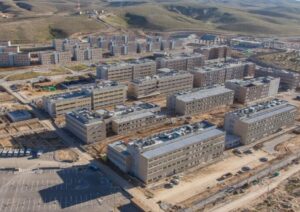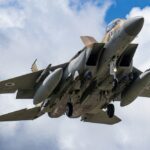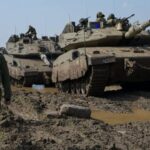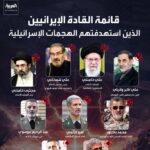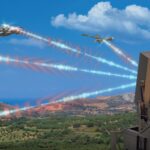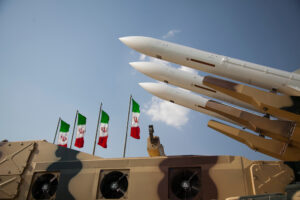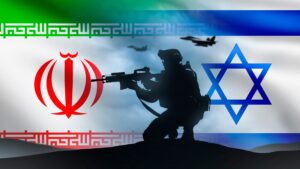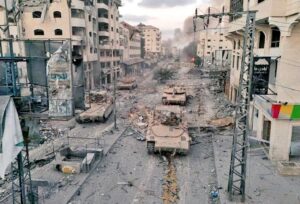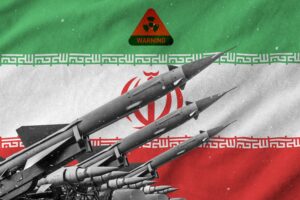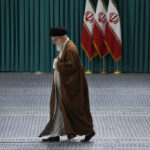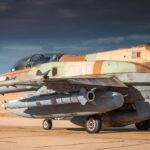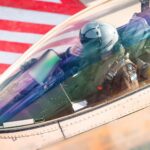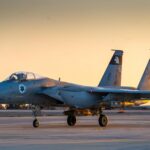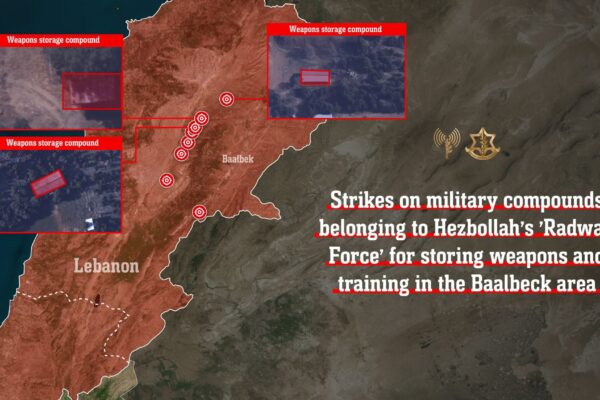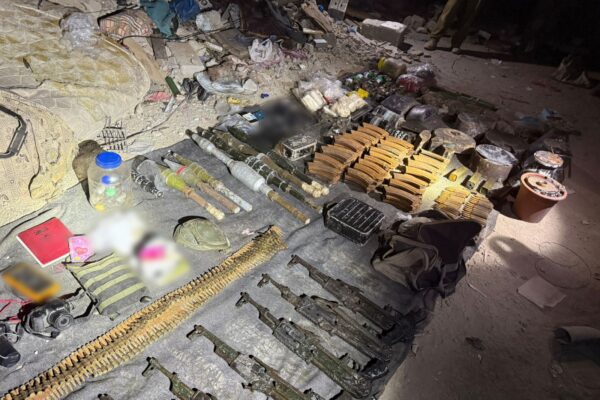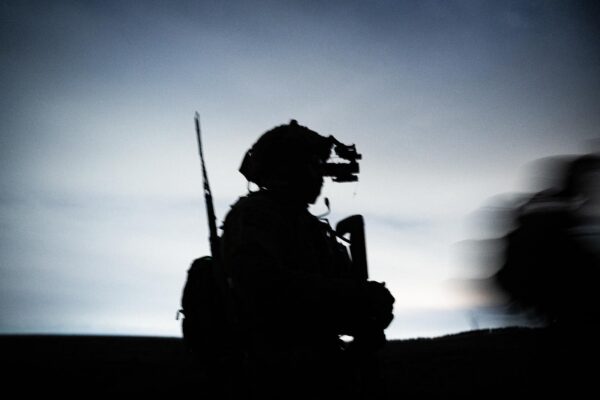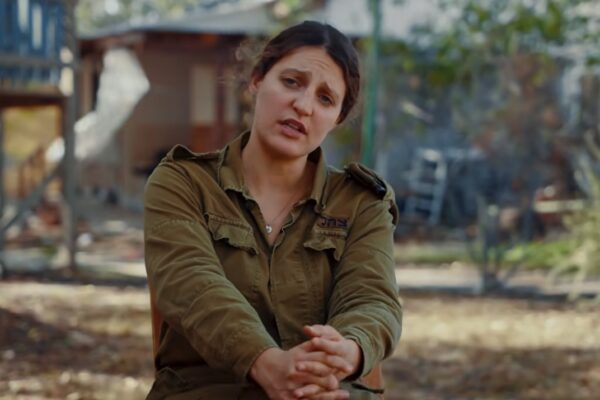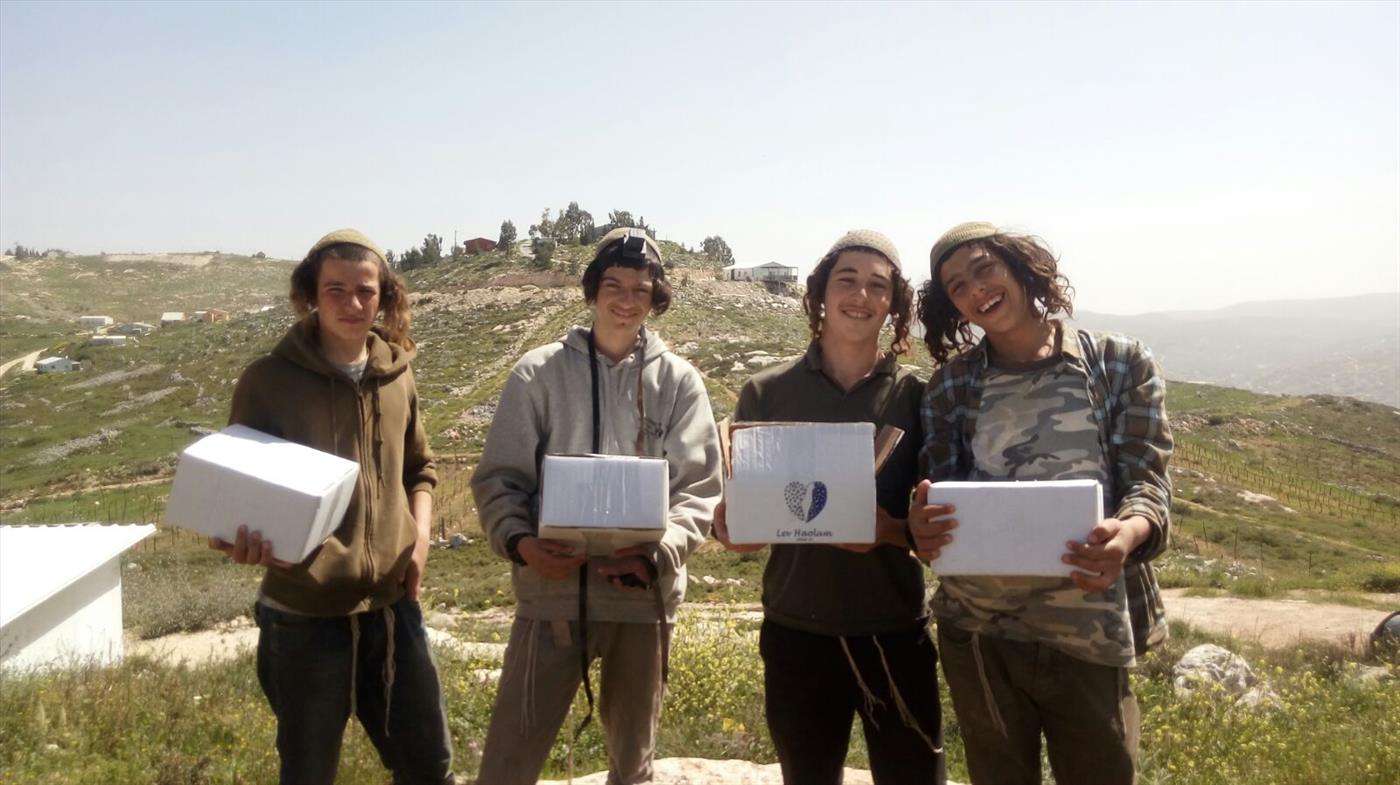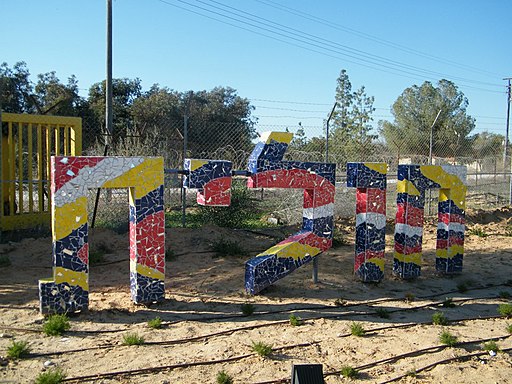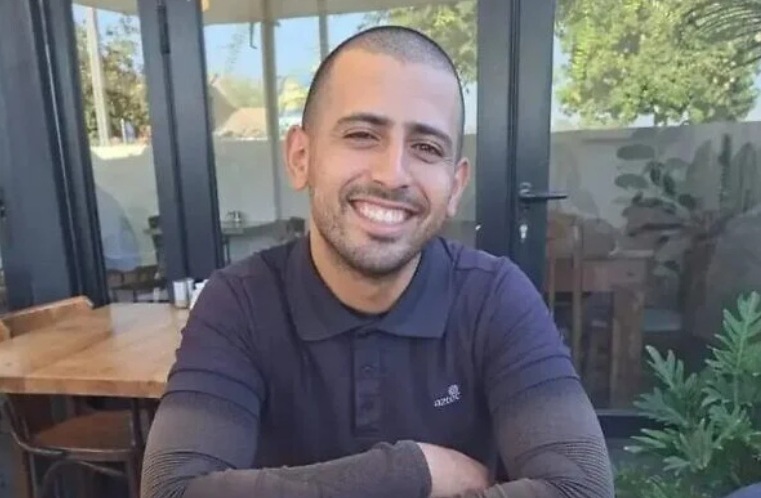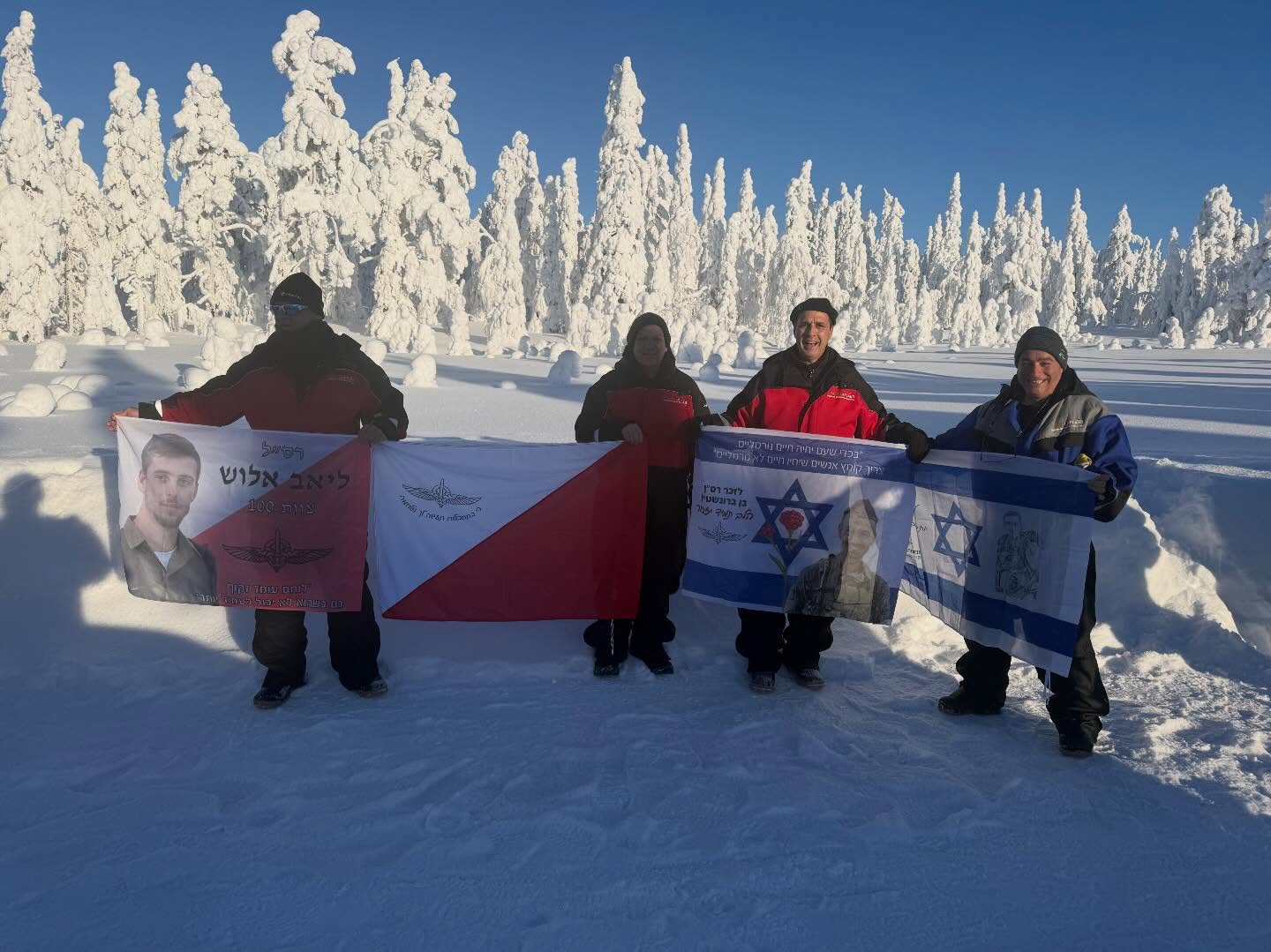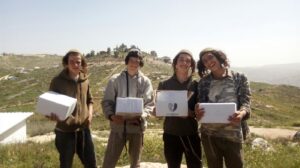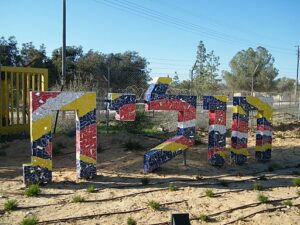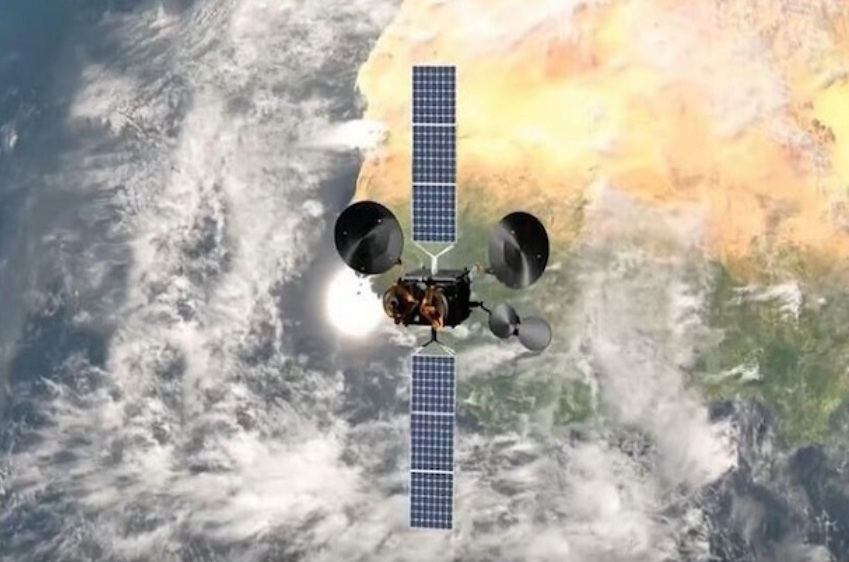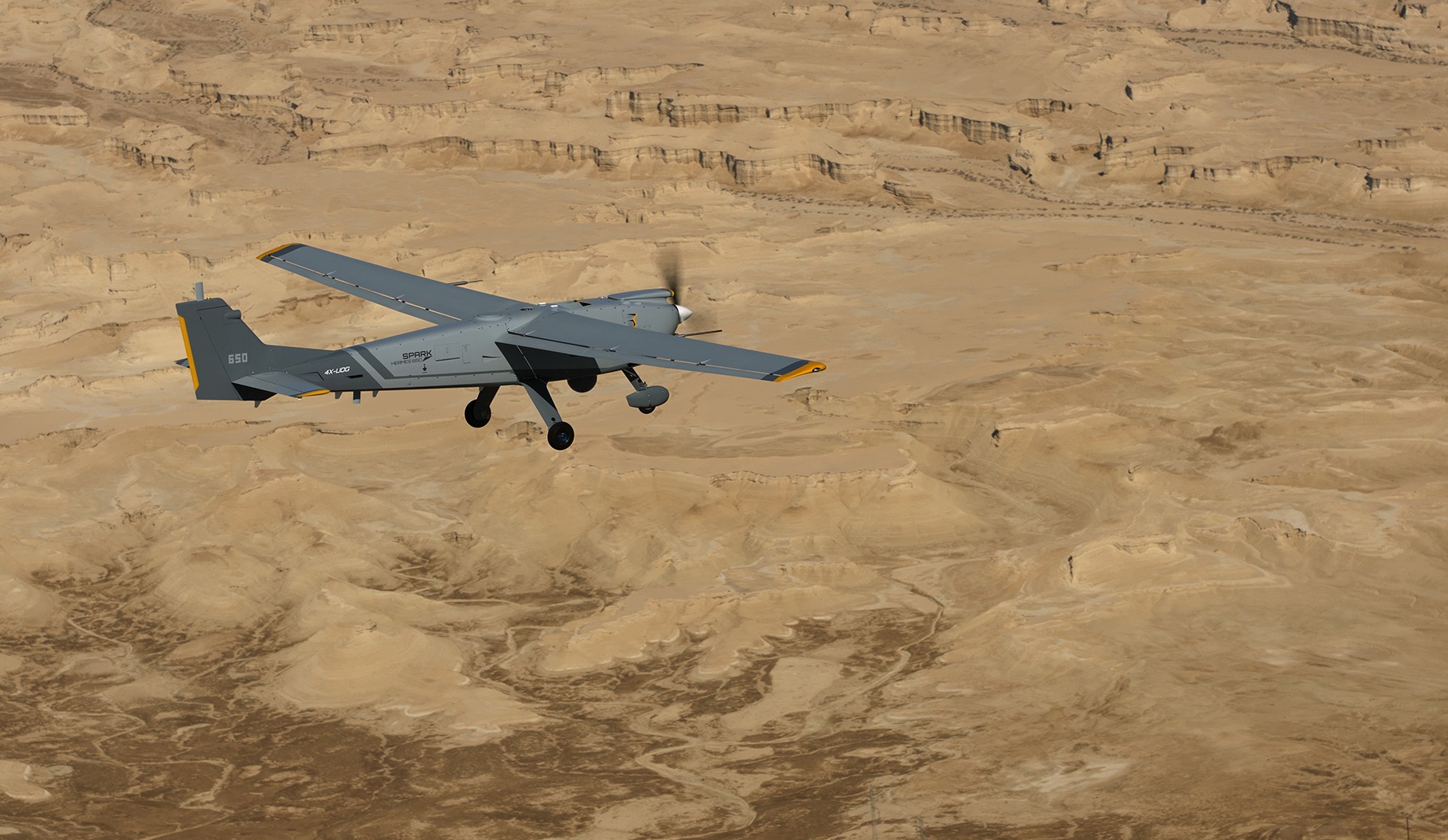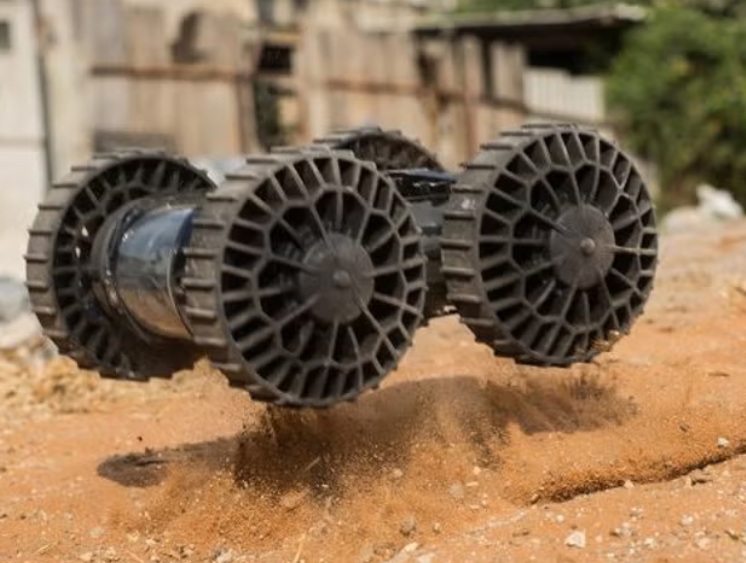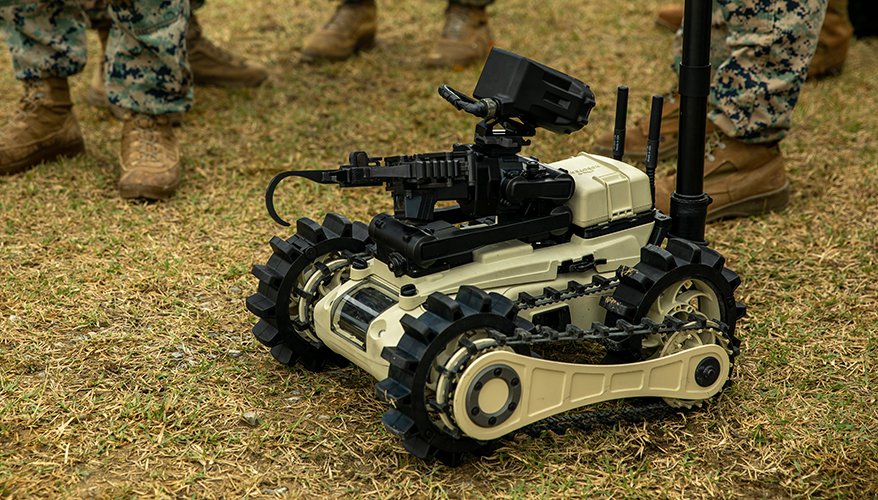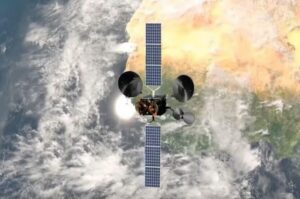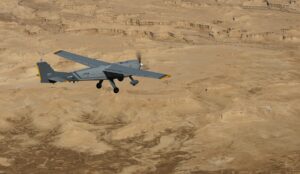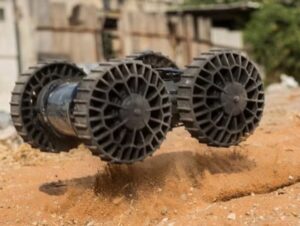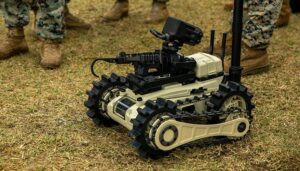Iran effectively operates with two separate armed forces: the regular Iranian army and the Islamic Revolutionary Guard corps.
By Hezy Laing
In an interview Sunday morning on Israeli radio station Galey Yisrael, IDF Reserve General Yiftach Ron-Tal stated that Iran effectively operates with two separate armed forces: the regular Iranian Army and the Islamic Revolutionary Guard Corps (IRGC).
He explained that the regular army predates the Islamic regime, whereas the Revolutionary Guards were specifically established to protect and promote the 1979 Islamic Revolution.
Over time, the IRGC has expanded well beyond its military role, functioning as a parallel governing force with control over substantial portions of Iran’s economy.
Ron-Tal said that if Iran’s domestic situation continues to destabilize, it could potentially lead to an armed conflict between the conventional army and the Revolutionary Guards. This development could help topple the regime.
The relationship between Iran’s regular army (Artesh) and the Islamic Revolutionary Guard Corps (IRGC) is complex—marked by both cooperation and underlying tension.
The Artesh is Iran’s traditional military, predating the 1979 Islamic Revolution. It was retained after the revolution but viewed with suspicion by the new regime due to its ties to the Shah.
In contrast, the IRGC was created after the revolution specifically to protect the Islamic Republic and its ideological foundations.
It answers directly to the Supreme Leader, bypassing the president and parliament.
Both forces operate independently with their own ground, air, and naval branches. The IRGC also commands the powerful Quds Force (for foreign operations) and the Basij militia (for internal control).
While the Artesh focuses on conventional defense, the IRGC handles asymmetric warfare, internal security, and regional influence2.
Over the decades, the IRGC has grown far more powerful—militarily, politically, and economically.
It controls vast business interests and has placed former commanders in key government roles.
The Artesh, by contrast, has remained more apolitical and professional, often seen as subordinate in influence.
While both forces are constitutionally required to cooperate, there have been persistent rumors of rivalry.
Some analysts suggest that in times of internal crisis, such as widespread unrest or regime instability, these tensions could escalate.


